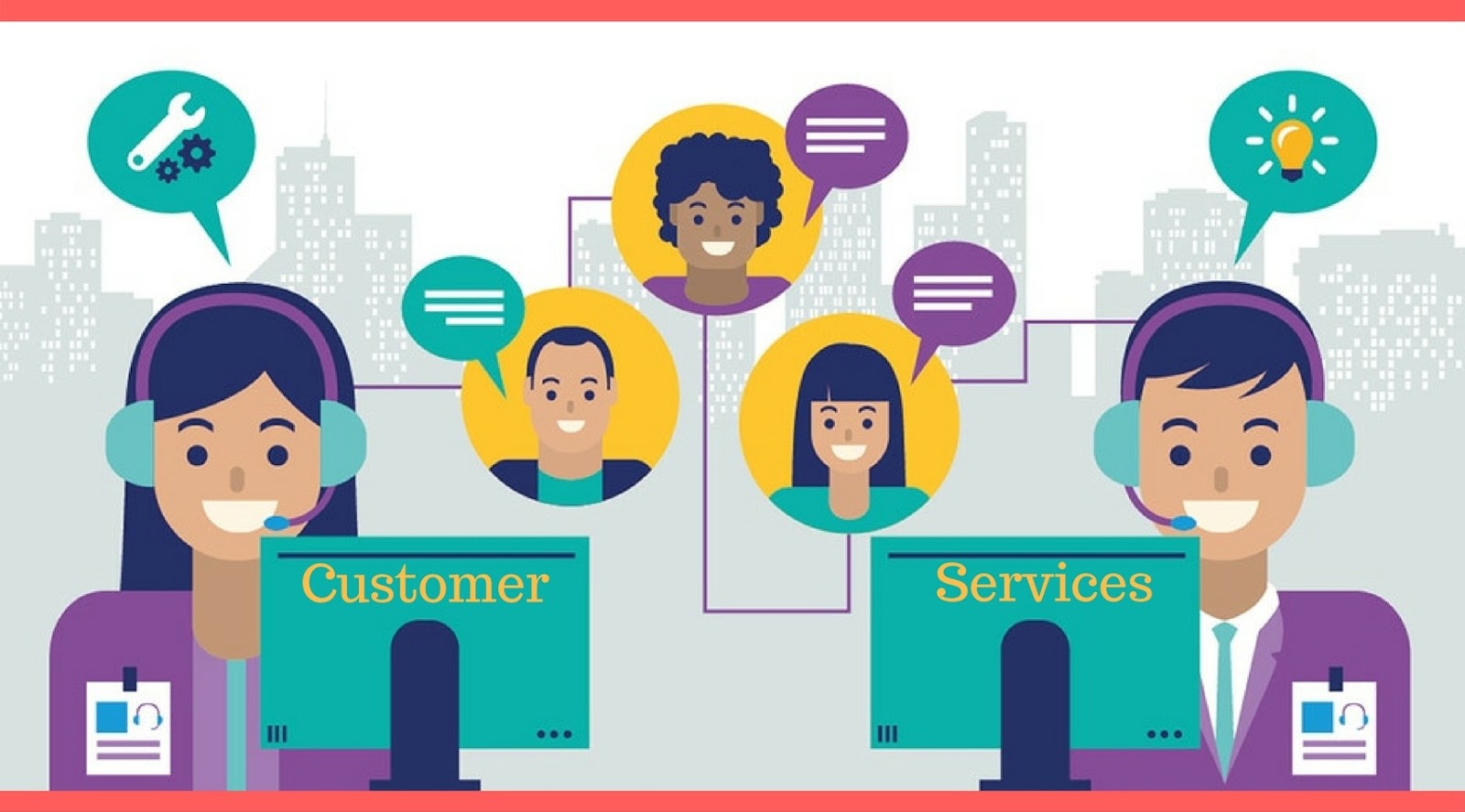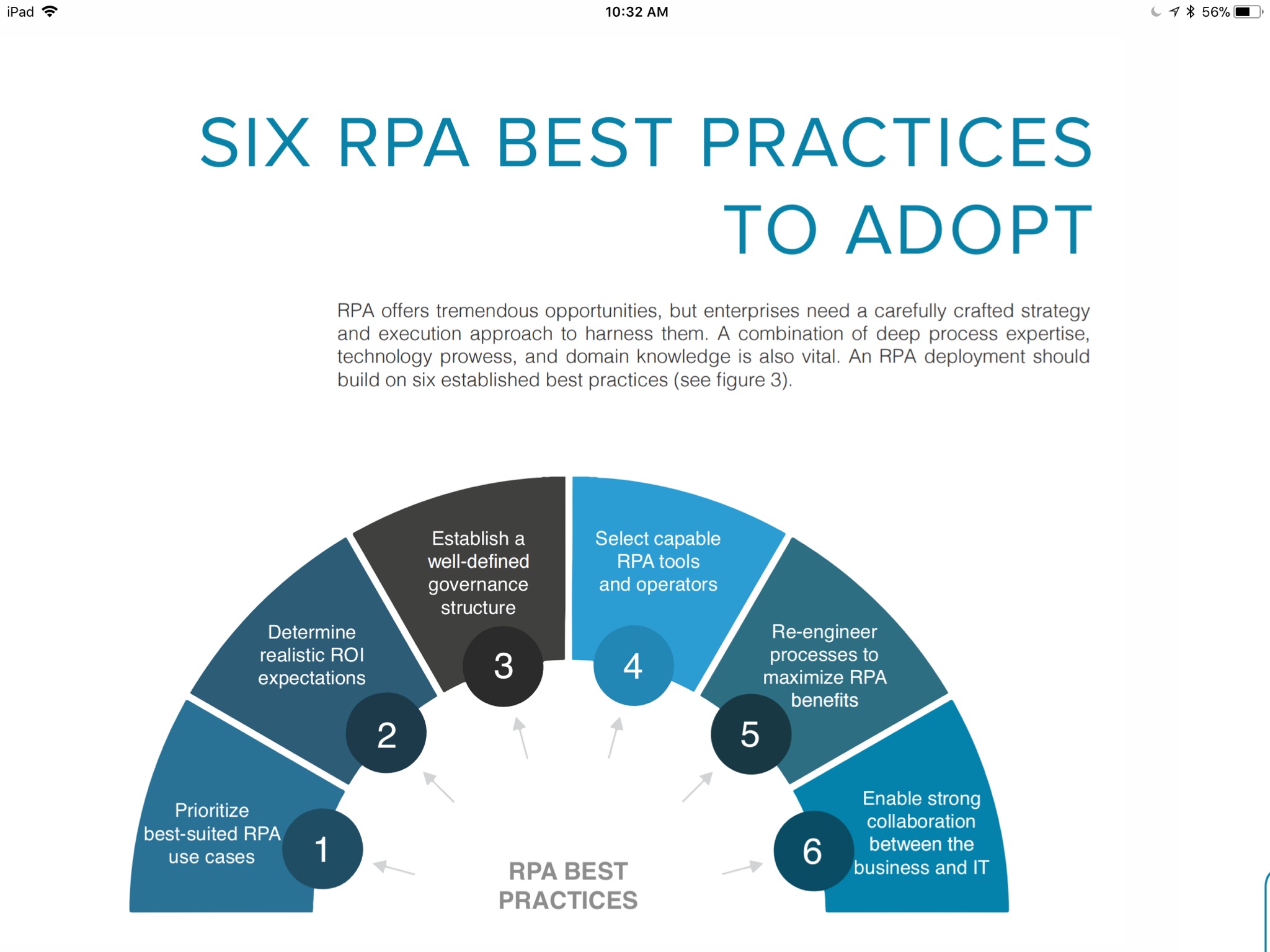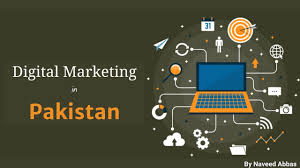When CX Technology Developed
CX technology, also known as Customer Experience technology, refers to the tools, software, and systems that enable organizations to manage and enhance the customer experience throughout their interactions with a brand. CX technology plays a crucial role in understanding customer needs, gathering feedback, analyzing data, and delivering personalized and seamless experiences.
this technology encompasses a wide range of solutions that help businesses effectively manage and optimize the customer journey. Some common examples of CX technology include:
Customer Relationship Management (CRM) Systems:
CRM systems centralize customer data, interactions, and communication history, enabling organizations to have a unified view of each customer. This technology helps track customer interactions, manage sales pipelines, and provide personalized experiences based on customer preferences.
Customer Feedback and Survey Tools:
These tools enable businesses to collect and analyze customer feedback through various channels such as surveys, reviews, and social media. By gathering customer insights, organizations can identify areas for improvement and make data-driven decisions to enhance the customer experience.
Customer Analytics and Insights Platforms: These platforms utilize data analytics techniques to extract valuable insights from customer data. They help businesses understand customer behavior, preferences, and trends, allowing for targeted marketing campaigns, personalized recommendations, and improved customer segmentation.
Voice of the Customer (VoC) Solutions:
VoC solutions capture customer feedback through various channels such as online surveys, interviews, and social media monitoring. They help organizations measure customer satisfaction, identify pain points, and prioritize areas for improvement based on customer feedback.
Customer Service and Support Tools:
These tools include ticketing systems, live chat platforms, and self-service portals that facilitate efficient and effective customer support. They enable organizations to provide timely and personalized assistance, resolve issues quickly, and ensure a positive customer service experience.

Omnichannel Engagement Platforms:
These platforms enable seamless customer interactions across multiple channels, such as websites, mobile apps, social media, email, and chatbots. They ensure consistent messaging, personalized experiences, and smooth transitions as customers move between channels.
CX technology empowers organizations to proactively manage customer experiences, enhance customer satisfaction, and build long-term customer loyalty. By leveraging these tools, businesses can gain valuable insights, streamline processes, and deliver personalized experiences that meet and exceed customer expectations.
advantages for business
CX technology offers several benefits to businesses that prioritize the customer experience. Some of the key advantages of implementing CX technology include:
Improved Customer Satisfaction:
CX technology enables businesses to understand customer needs and preferences better. By gathering and analyzing customer data, organizations can personalize interactions, offer relevant recommendations, and provide seamless experiences. This leads to increased customer satisfaction and loyalty.
Enhanced Customer Loyalty and Retention:
When businesses invest in CX technology to deliver exceptional experiences, customers are more likely to remain loyal and continue engaging with the brand. Satisfied customers tend to become brand advocates, promoting the business through positive word-of-mouth and repeat purchases.
Increased Customer Engagement:
CX technology allows for proactive and meaningful customer engagement. Through personalized messaging, targeted marketing campaigns, and interactive touchpoints, businesses can foster deeper connections with customers, encouraging active participation and building brand affinity.
Competitive Advantage: In today’s competitive marketplace, CX has become a key differentiator. By leveraging CX technology, businesses can differentiate themselves by delivering superior experiences. This can attract new customers, retain existing ones, and position the organization as a preferred choice in the market.
Operational Efficiency:
CX technology streamlines and automates various processes, enabling businesses to operate more efficiently. By centralizing customer data, organizations can gain a holistic view of customer interactions, enabling better decision-making, improved resource allocation, and optimized service delivery.
Data-Driven Insights: CX technology provides businesses with valuable data and insights into customer behavior, preferences, and trends. These insights can drive informed decision-making, enable predictive analytics, and facilitate continuous improvement in customer experiences.
Improved Customer Support:
CX technology empowers businesses to provide efficient and effective customer support. Tools such as ticketing systems, self-service portals, and chatbots enable quick issue resolution, self-help options, and personalized assistance, enhancing the overall customer service experience.
Business Growth and Profitability:
Positive customer experiences generated through CX technology can lead to increased customer acquisition, retention, and revenue growth. Satisfied customers are more likely to spend more, and refer others. Businesses can foster stronger customer relationships, drive business growth, and create a sustainable competitive advantage. It enables organizations to align their operations, strategies, and resources around delivering exceptional experiences that meet and exceed customer expectations.




















